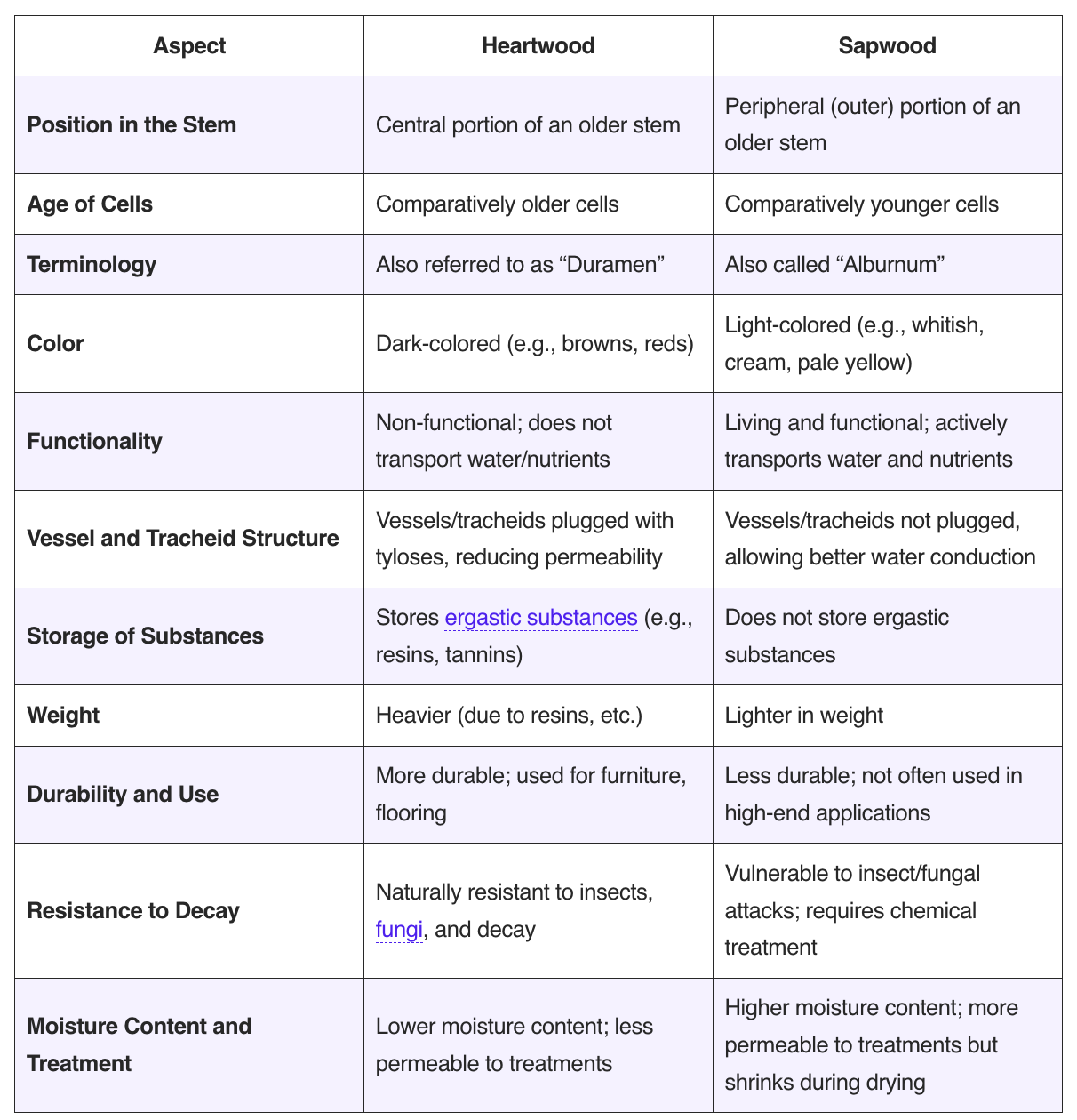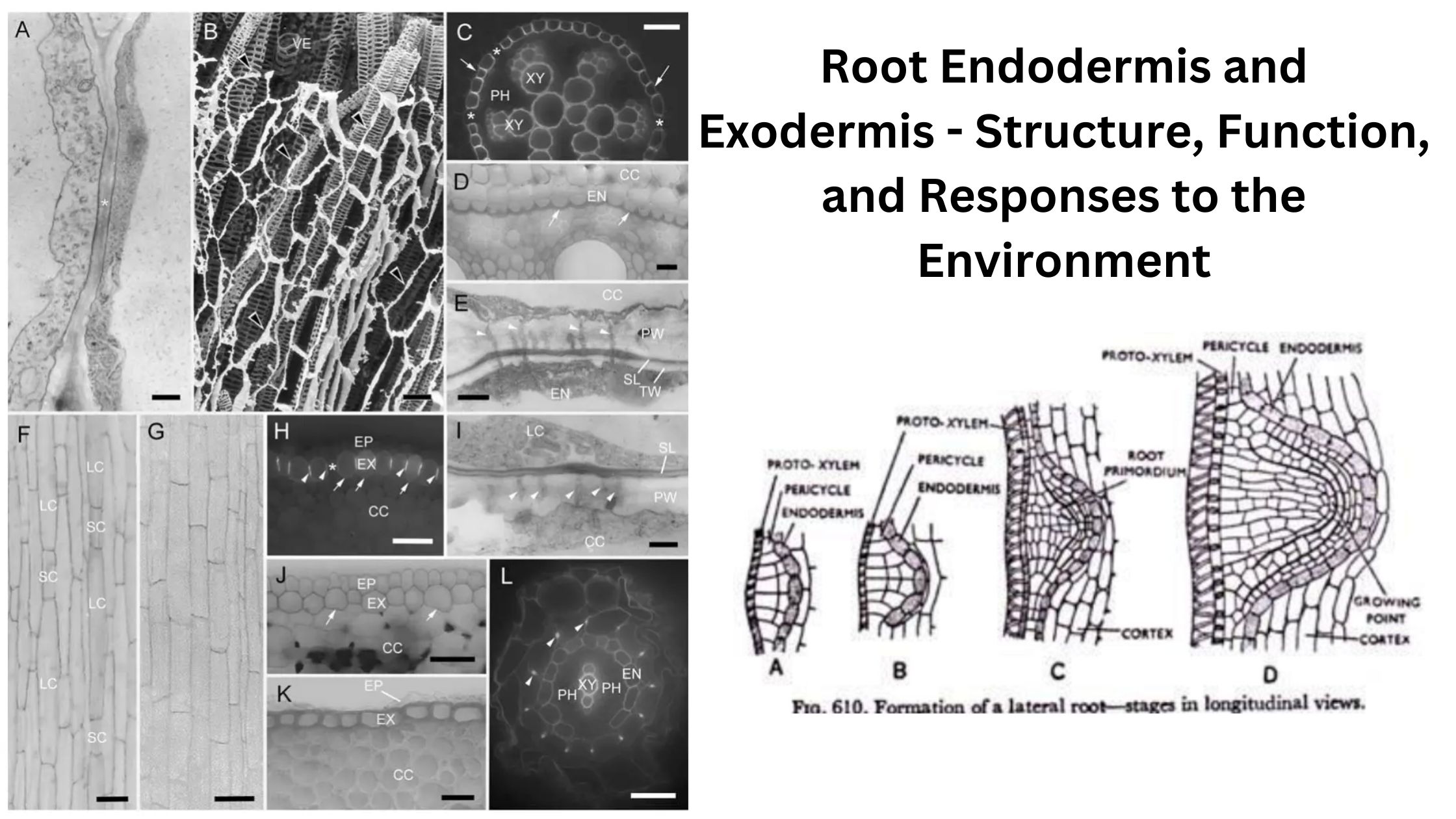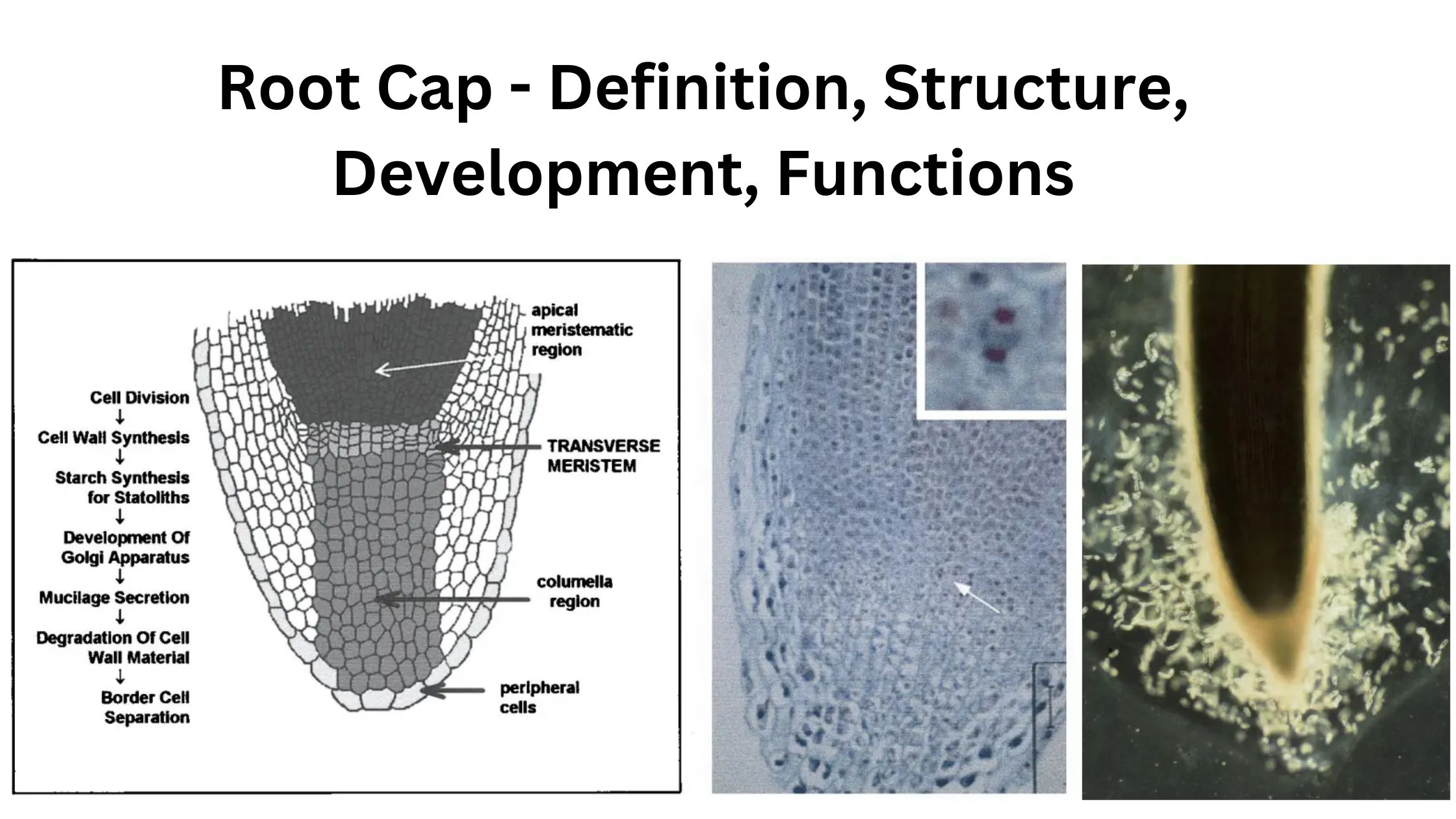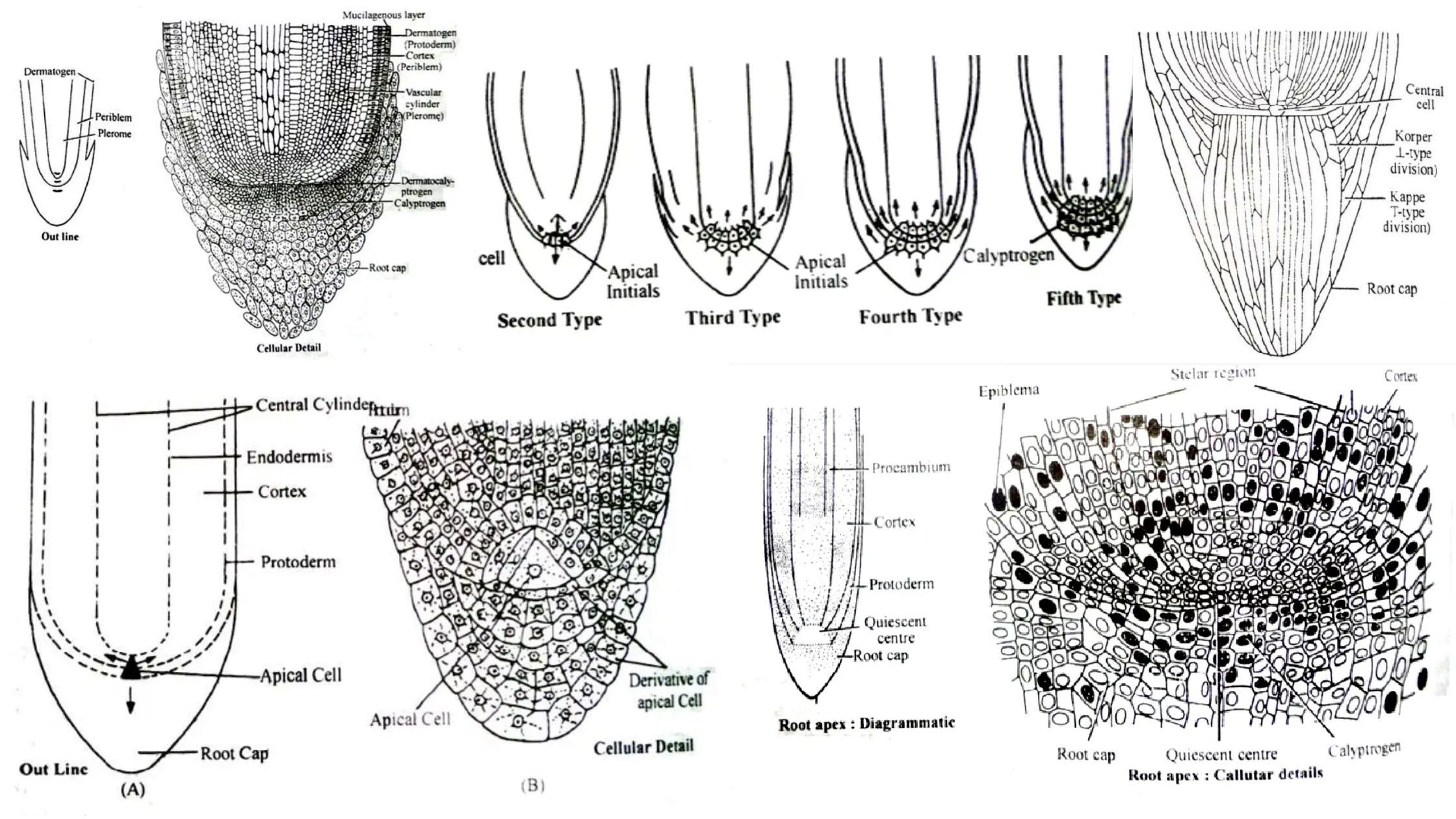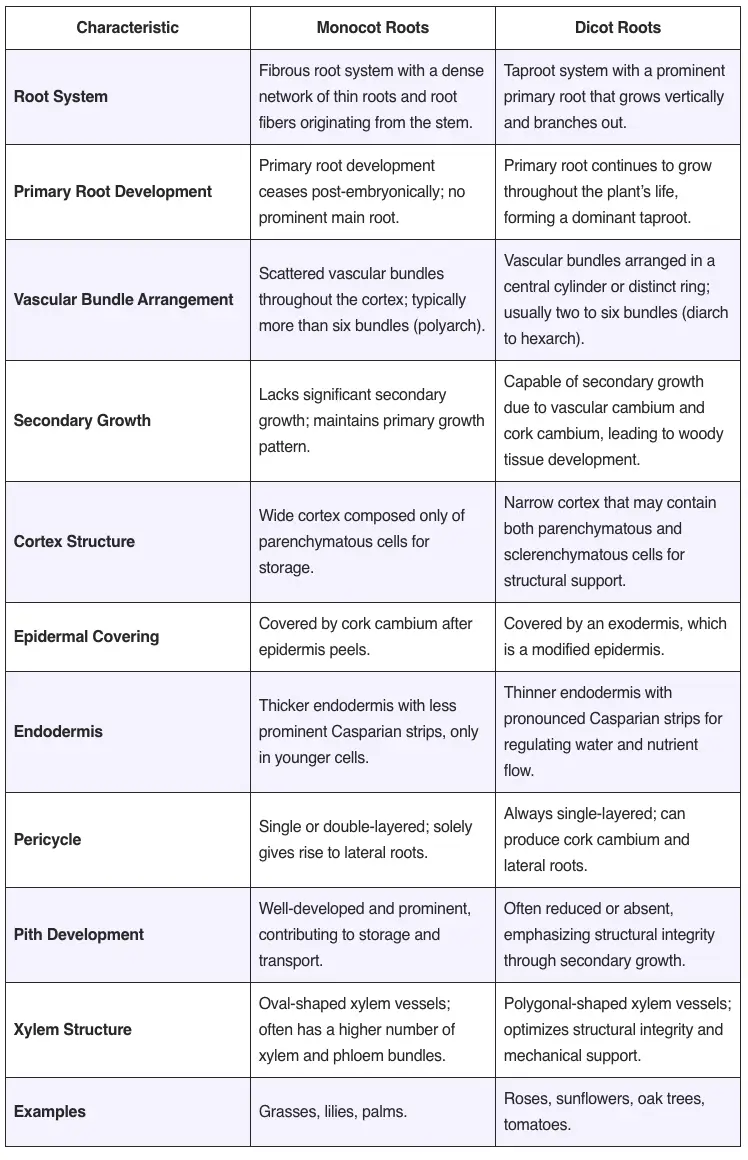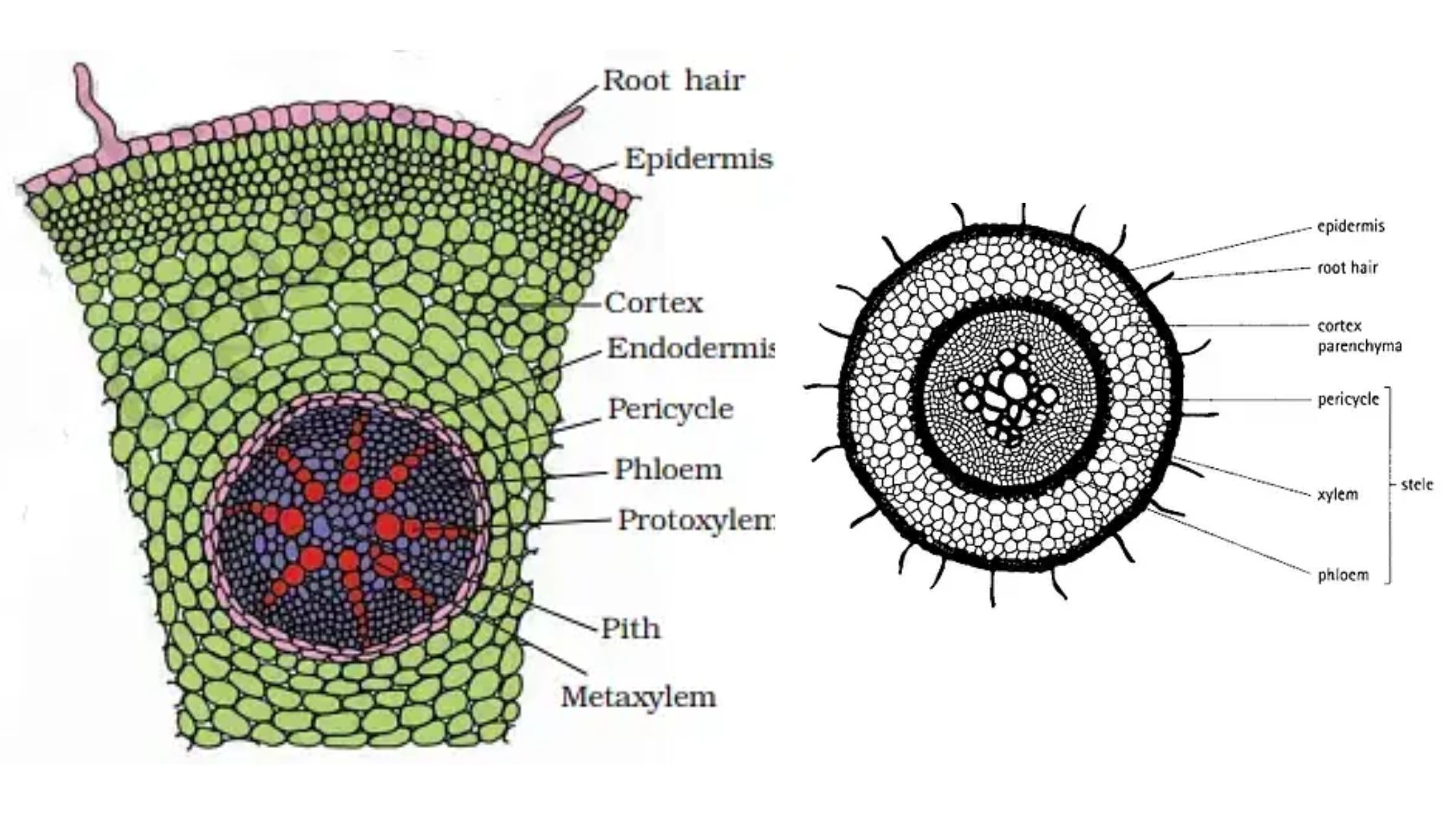Differences Between Sapwood and Heartwood
What is Sapwood? Sapwood, also known as alburnum, is the outer, lighter-colored layer of wood found in a tree, situated between the bark and the heartwood. It is composed of living cells, including vessels and fibers, and plays a crucial role in the tree’s physiological processes. Here are some key characteristics and functions of sapwood: … Read more
